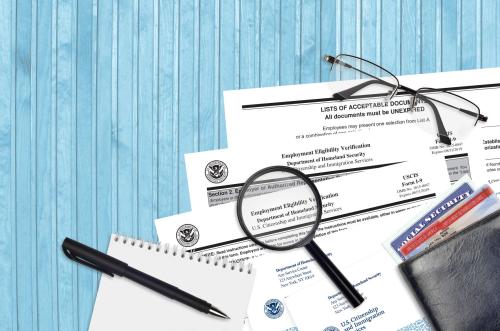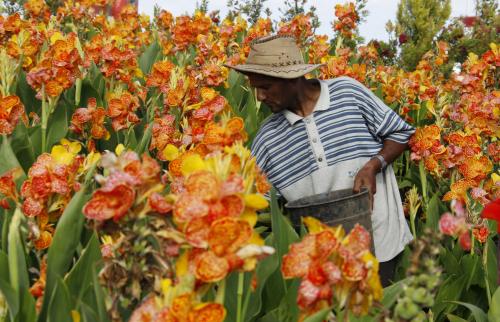Clearly, the international system set up after the second world war to protect only refugees is incomplete and inadequate to the challenge of today’s human rights and humanitarian emergencies. The internal conflicts that rage in Africa, Asia, Europe and the Americas produce far larger numbers of internally displaced persons than refugees. It is the totality of the problem that needs to be addressed.
Over the past ten years, there has been some movement toward providing protection and assistance to those who are internally displaced. Conceptual, normative and institutional frameworks have been developed and international organizations are increasingly on the ground offering assistance when governments are unable or unwilling to help their displaced populations. International involvement has even become predictable in staving off cases of mass starvation. But in cases of genocide, massacres or ‘ethnic cleansing,’ international action is still determined case by case, largely because states have not defined it to be in their interest to take the risks required.
This chapter appears in Fear of Persecution, a book that takes a comprehensive and absorbing look at a problem that has become an all too familiar part of the global landscape: the tens of millions of refugees who have fled their homes in a desperate search for safe haven, and who are invisible to most of us, for most of the time. The plight of the refugee or the internally displaced person is easily ignored or sidelined, especially at a time when many nations are preoccupied with security issues at the expense of humanitarian concerns. For the first time in a single volume, James D. White and Anthony Marsella bring together essays that address the legal, historical, ethical and political facets emerging from the stories of those who flee in fear. Fear of Persecution discusses and critically analyzes international approaches and debates human rights issues and interests. It provides a wide-ranging examination of the legal and moral issues involved, ranging from the use of torture, to humanitarian crises, to genocide. The book also takes an imaginative look at possible ways to build understanding, promote healing and keep a more substantial peace than presently known.



